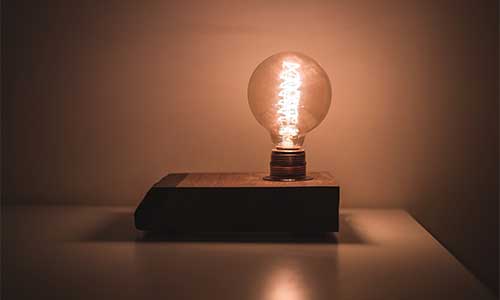Batteries
Is New Battery Tech the Solution?
Munich, 26 Sept. ’21
The Problem of Energy Storage and Battery Solutions
Today, the economy is moving steadily towards green energy and governments across the world are working towards renewable energy commercialization. A major challenge is the development of sufficient storage capacities and transmitting it to the consumers in various parts of the countries. Our goal for a low-carbon future is dependent on the availability of one critical element – rechargeable batteries. Not only as the core of EV, but also for electric grids, construction machinery, and high-end devices.
The German federal government has set the key Energiewende policy target of renewable energy share in the gross final energy consumption to be as high as 60% by the year 2050. These targets can only be fulfilled when the problems of storage, charging speed, transmission, raw material and availability of reusable elements are solved.
New battery technology and a transparent supply chain ecosystem is the key factor in answering these questions. Companies must produce batteries with an increased refinement and extract usable raw material before they are disposed in landfills. The EU has set the target that by 2030, at least 4% of the lithium in new batteries that are manufactured in EU should be from recycled material, but the problem is that there is already a shortage of recycled material which runs the risk of sustainable production getting delayed.

Battery reuse and smart-batteries that can hold more charge is a potential solution that companies are researching. There has been a surge in announcements concerning battery cell factories and the technology required to make them. “In the future, the most innovative and environmentally friendly battery cells will come from Europe, and tens of thousands of jobs will be created along the value chain,” says Federal Economics Minister Peter Altmaier.
An example of this development is the battery manufacturer from Baden-Württemberg that is regarded as a global heavyweight, Varta. The company now intends to start producing larger battery cells and batteries with a new kind of lithium-ion cell on a pilot production line. The new cells are said to be characterized by an extremely high charging speed that can be used in cars and as buffer batteries for a fuel cell propulsion.
With strong incentives from the governments and a rising support from the public, battery manufacturers are encouraged to up their production and design new batteries keeping in mind how materials can be recycled, reused and repurposed.
Article by Swarnim Prakash
at CM-Equity AG
Editor’s Pick
Stay up to date with our newsletter directly into your inbox!
